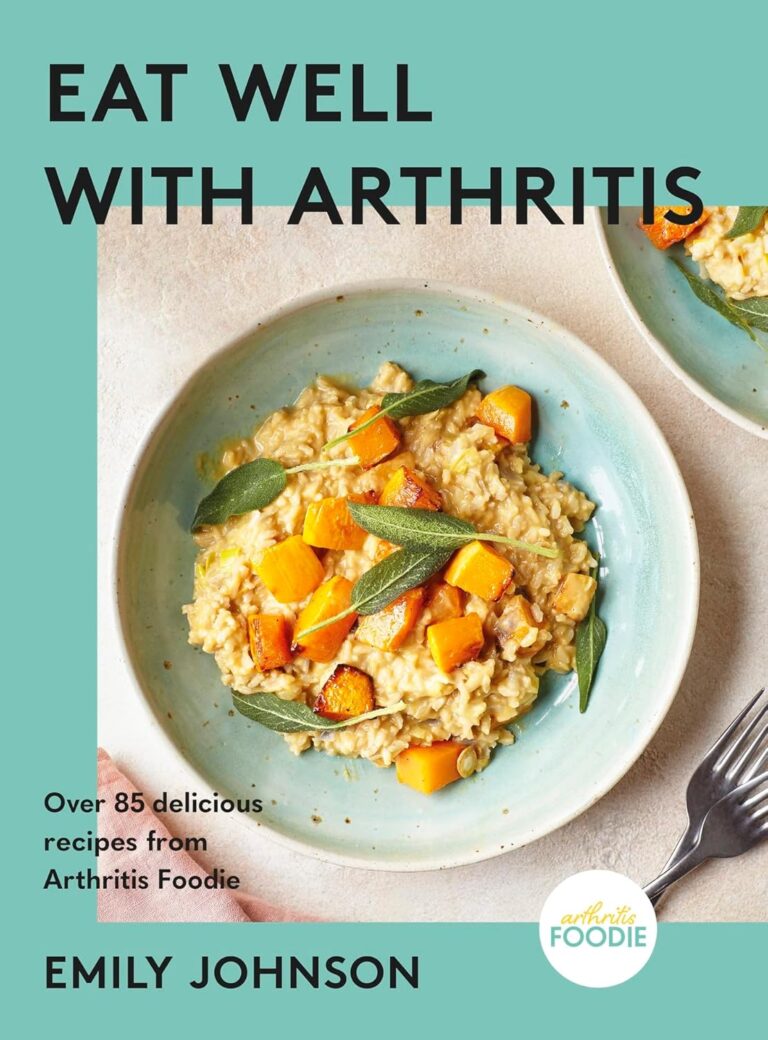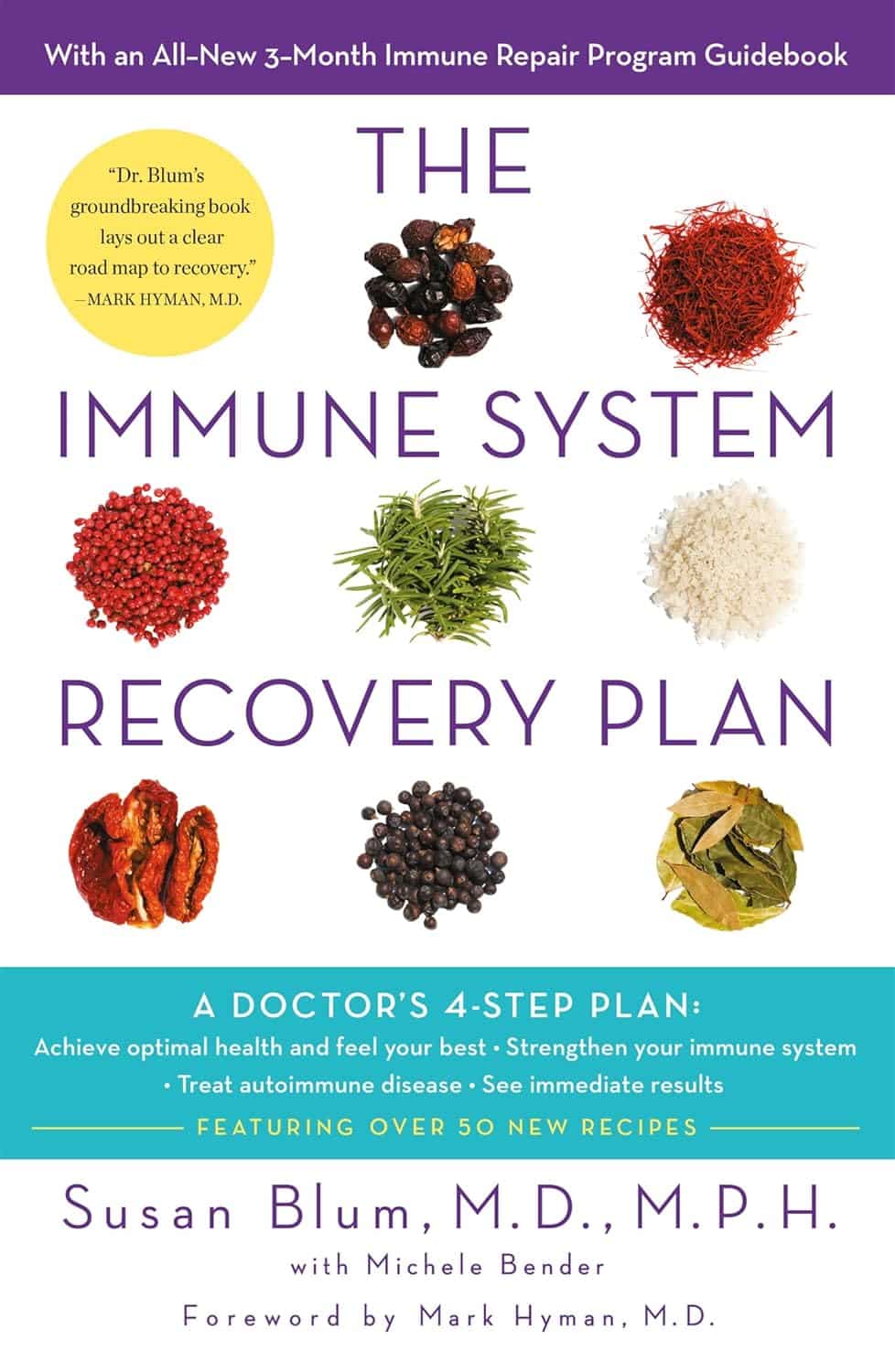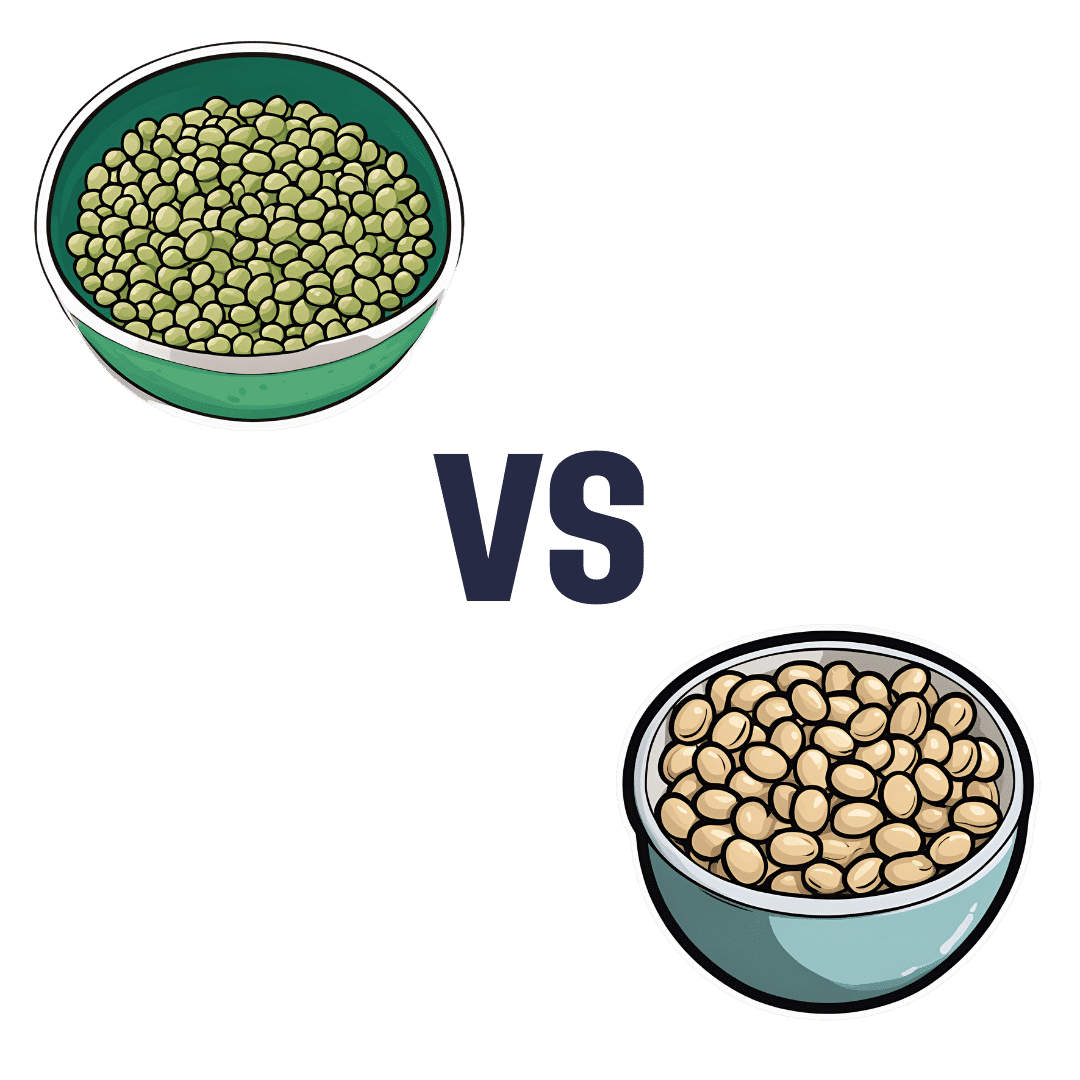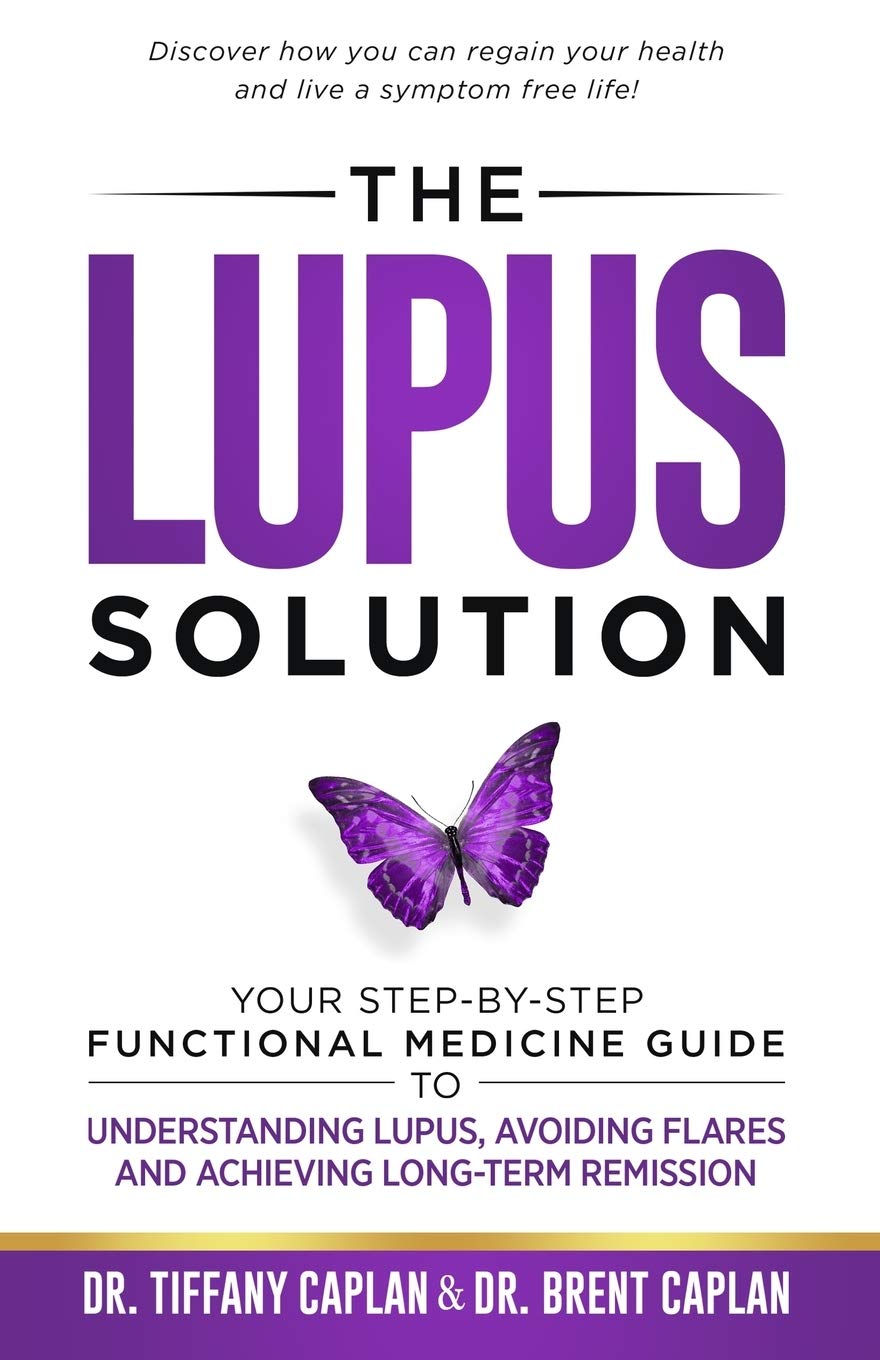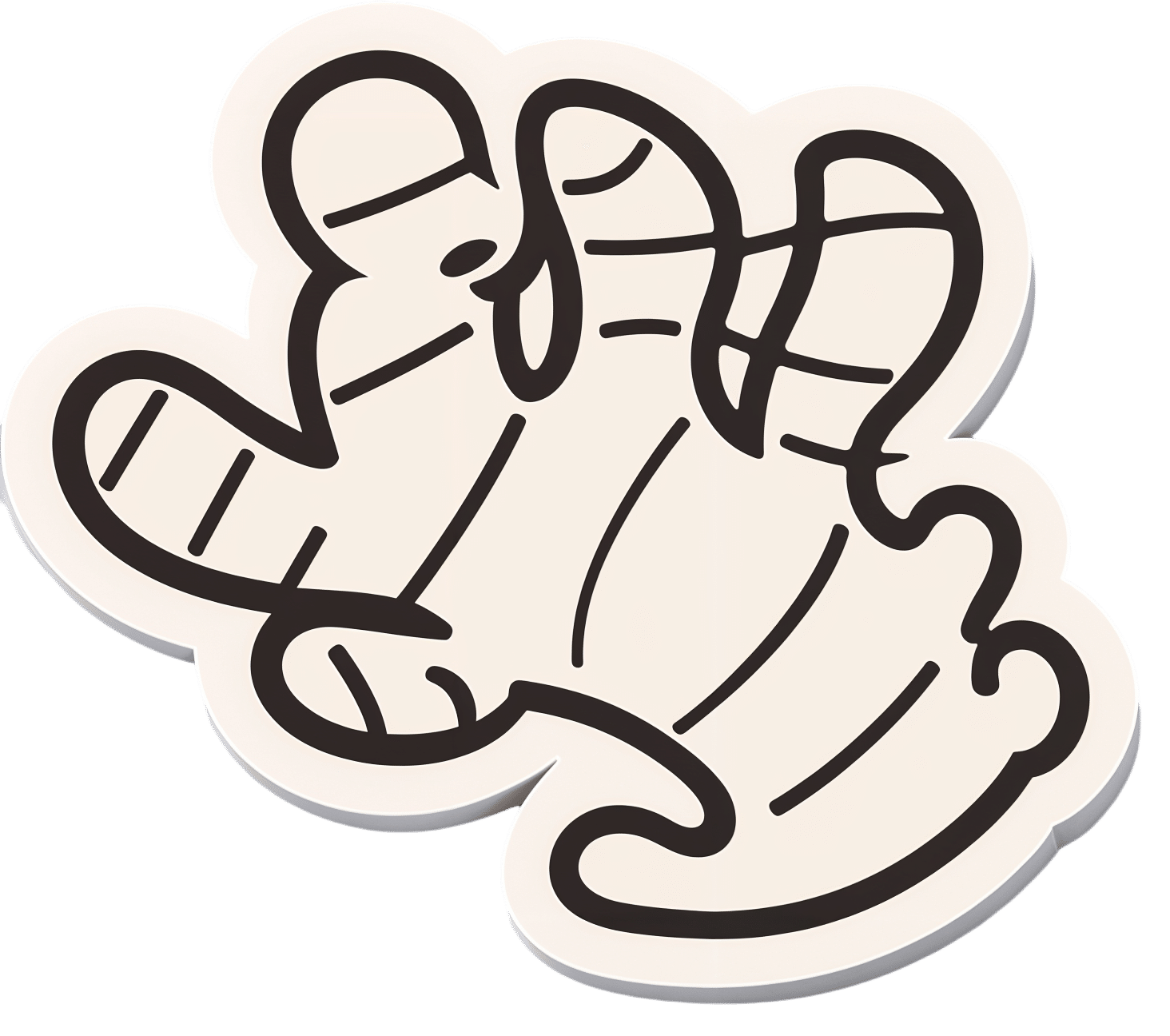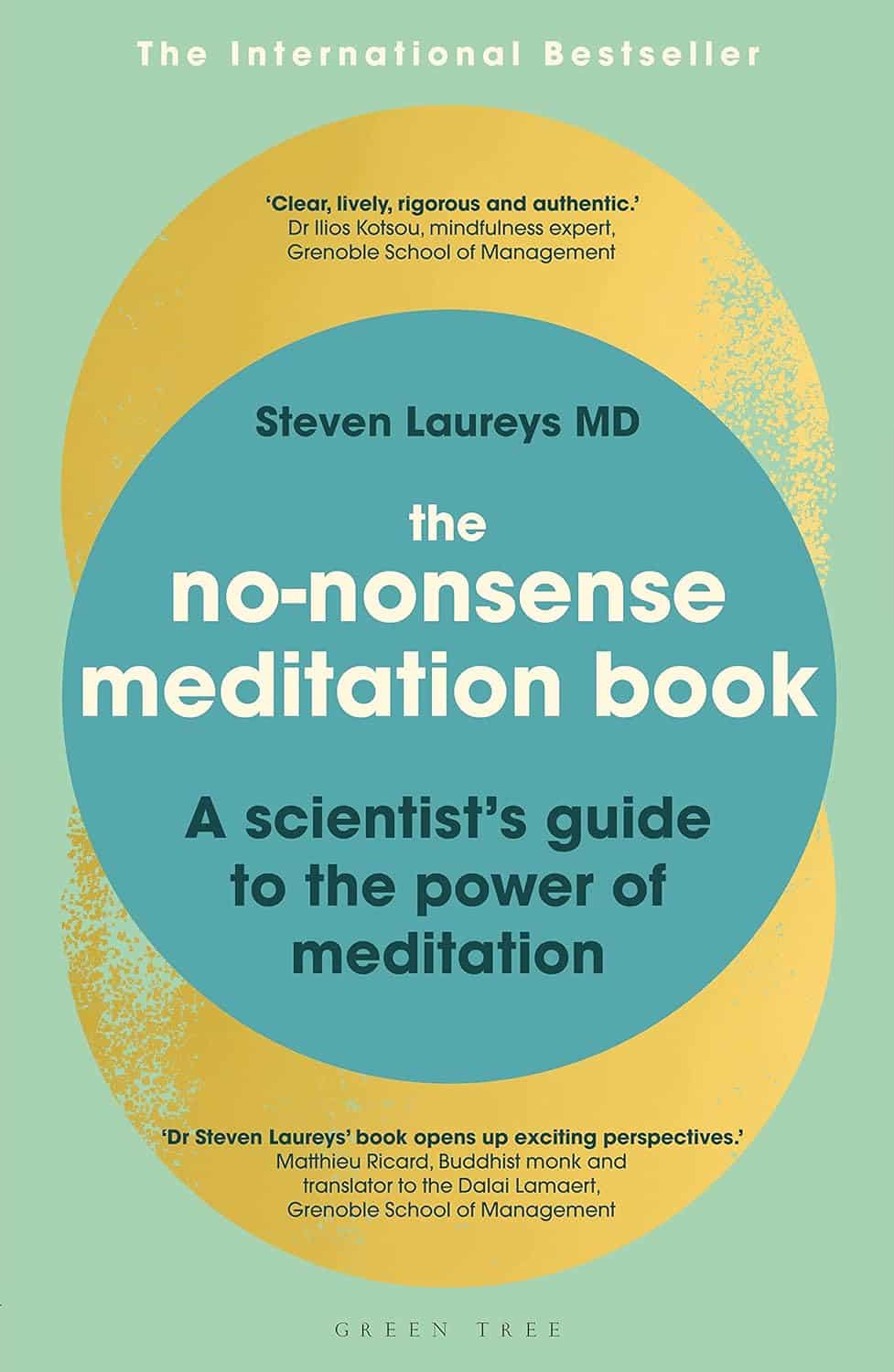
The No-Nonsense Meditation Book – by Dr. Steven Laureys
10almonds is reader-supported. We may, at no cost to you, receive a portion of sales if you purchase a product through a link in this article.
We’ve reviewed books about meditation before, and when we review books, we try to pick ones that have something that make them stand out from the others. So, what stands out in this case?
The author is a medical doctor and neurologist, with decades of experience focusing on neuronal plasticity and multimodel neural imaging. So, a little beyond “think happy thoughts”-style woo.
The style of the book is pop-science in tone, but with a lot of hard clinical science underpinning it and referenced throughout, as one would expect of a scientist of Dr. Laurey’s stature (with hundreds of peer-reviewed papers in top-level journals).
You may be wondering: is this a “how-to” book or a “why-to” book or a “what-happens” book? It’s all three.
The “how-to” is also, as the title suggests, no-nonsense. We are talking maximum results for minimum mystery here.
Bottom line: if you’d like to be able to take up a meditative practice and know exactly what it’s doing to your brain (quietening these parts, stimulating and physically growing those parts, etc) then this is the book for you.
Don’t Forget…
Did you arrive here from our newsletter? Don’t forget to return to the email to continue learning!
Recommended
Learn to Age Gracefully
Join the 98k+ American women taking control of their health & aging with our 100% free (and fun!) daily emails:
-
The Immune System Recovery Plan – by Dr. Susan Blum
10almonds is reader-supported. We may, at no cost to you, receive a portion of sales if you purchase a product through a link in this article.
The subtitle of the book is “A Doctor’s 4-Step Program to Treat Autoimmune Disease”, so we’ll not keep the four steps a secret; they are:
- Using food as medicine
- Understanding the stress connection
- Healing your gut and digestive system
- Optimizing liver function
Each of these sections gives a primer in the relevant science, worksheets for personalizing your own plan to your own situation, condition, and goals, and of course lots of practical advice.
This is important and perhaps the book’s greatest strength, since there are dozens of possible autoimmune conditions, and getting a professional diagnosis is often a long, arduous process. So while this book can’t necessarily speed that up, what it can do is give you a good head-start on managing your symptoms based on things that are most likely to help, and certainly, there will be no harm trying.
While it’s not primarily a recipe book, there are also recipes targeting each part of the whole, as well as an extensive herb and supplement guide, before getting into lots of additional resources.
Bottom line: if you are, or suspect you are, suffering from an autoimmune condition, the information in this book can make your life a lot easier.
Click here to check out The Immune System Recovery Plan, and help yours to help you!
Share This Post
-
What Happens Every Day When You Quit Sugar For 30 Days
10almonds is reader-supported. We may, at no cost to you, receive a portion of sales if you purchase a product through a link in this article.
We all know that sugar isn’t exactly a health food, but it can be hard to quit. How long can cravings be expected to last, and when can we expect to see benefits? Today’s video covers the timeline in a realistic yet inspiring fashion:
What to expect on…
Day 1: expect cravings and withdrawal symptoms including headaches, fatigue, mood swings, and irritability—as well as tiredness, without the crutch of sugar.
Days 2 & 3: more of the same, plus likely objections from the gut, since your Candida albicans content will not be enjoying being starved of its main food source.
Days 4–7: reduction of the above symptoms, better energy levels, improved sleep, and likely the gut will be adapting or have adapted.
Days 8–14: beginning of weight loss, clearer skin, improved complexion; taste buds adapt too, making foods taste sweeter. Continued improvement in energy and focus, as well.
Days 15–21: more of the same improvements, plus the immune system will start getting stronger around now. But watch out, because there may still be some cravings from time to time.
Days 22–30: all of the above positive things, few or no cravings now, and enhanced metabolic health as a whole.
For more specificity on each of these stages, enjoy:
Click Here If The Embedded Video Doesn’t Load Automatically!
Want to learn more?
You might also like to read:
The Not-So-Sweet Science Of Sugar Addiction
Take care!
Share This Post
-
Mung Beans vs Soy Beans – Which is Healthier?
10almonds is reader-supported. We may, at no cost to you, receive a portion of sales if you purchase a product through a link in this article.
Our Verdict
When comparing mung beans to soy beans, we picked the soy.
Why?
Mung beans are great, but honestly, it’s not close:
In terms of macronutrients, soy has more than 2x the protein (of which, it’s also a complete protein, containing significant amounts of all essential amino acids) while mung beans have more than 2x the carbs. In their defense, mung beans also have very slightly more fiber, but the carb:fiber ratio is such that soy beans have the lower GI by far.
When it comes to vitamins, mung beans have more of vitamins A, B3, B5, and, B9, while soy beans have more of vitamins B2, B6, C, E, K, and choline, making for a moderate win for soy beans, especially as that vitamin K is more than 7x as much as mung beans have.
In the category of minerals, soy wins even more convincingly; soy beans have more calcium, copper, iron, magnesium, manganese, phosphorus, potassium, selenium, and zinc. On the other hand, mung beans have more sodium.
In short, while mung beans are a very respectable option, they don’t come close to meaningfully competing with soy.
Want to learn more?
You might like to read:
How To Sprout Your Seeds, Grains, Beans, Etc
Take care!
Share This Post
Related Posts
-
The Lupus Solution – by Dr. Tiffany Caplan & Dr. Brent Caplan
10almonds is reader-supported. We may, at no cost to you, receive a portion of sales if you purchase a product through a link in this article.
Lupus is not fun, and this book sets out to make it easier.
Starting off by explaining the basics of autoimmunity and how lupus works, the authors go on the address the triggers of lupus and how to avoid them—which if you’ve been suffering from lupus for a while, you probably know this part already, but it’s as well to give them a look over just in case you missed something.
The real value of the book though comes in the 8 chapters of the section “Tools & Therapies” which are mostly lifestyle adjustments though there are additionally some pharmaceutical approaches that can also help, and they are explained too. And no, it’s not just “reduce inflammation” (but yes, also that); rather, a whole array of things are examined that often aren’t thought of as related to lupus, but in fact can have a big impact.
The style is to-the-point and informational, and formatted for ease of reading. It doesn’t convey more hard science than necessary, but it does have a fair bibliography at the back.
It’s a short book, weighing in at 182 pages. If you want something more comprehensive, check out our review of The Lupus Encyclopedia, which is 848 pages of information-dense text and diagrams.
Bottom line: if you have lupus and would like fewer symptoms, this book can help you with that quite a bit without getting so technical as the aforementioned encyclopedia.
Click here to check out The Lupus Solution, and live more comfortably!
Don’t Forget…
Did you arrive here from our newsletter? Don’t forget to return to the email to continue learning!
Learn to Age Gracefully
Join the 98k+ American women taking control of their health & aging with our 100% free (and fun!) daily emails:
-
Ginger Does A Lot More Than You Think
10almonds is reader-supported. We may, at no cost to you, receive a portion of sales if you purchase a product through a link in this article.
Ginger’s benefits go deep!
You are doubtlessly already familiar with what ginger is, so let’s skip right into the science.
The most relevant active compound in the ginger root is called gingerol, and people enjoy it not just for its taste, but also a stack of health reasons, such as:
- For weight loss
- Against nausea
- Against inflammation
- For cardiovascular health
- Against neurodegeneration
Quite a collection! So, what does the science say?
For weight loss
This one’s quite straightforward. It not only helps overall weight loss, but also specifically improves waist-hip ratio, which is a much more important indicator of health than BMI.
Against nausea & pain
Ginger has proven its effectiveness in many high quality clinical trials, against general nausea, post-surgery nausea, chemotherapy-induced nausea, and pregnancy-related nausea.
Source: Ginger on Human Health: A Comprehensive Systematic Review of 109 Randomized Controlled Trials
However! While it very clearly has been shown to be beneficial in the majority of cases, there are some small studies that suggest it may not be safe to take close to the time of giving birth, or in people with a history of pregnancy loss, or unusual vaginal bleeding, or clotting disorders.
See specifically: Ginger for nausea and vomiting of pregnancy
As a side note on the topic of “trouble down there”, ginger has also been found to be as effective as Novafen (a combination drug of acetaminophen (Tylenol), caffeine, and ibuprofen), in the task of relieving menstrual pain:
See: Effect of Ginger and Novafen on menstrual pain: A cross-over trial
Against inflammation & pain
Ginger has well-established anti-inflammatory (and, incidentally, which affects many of the same systems, antioxidant) effects. Let’s take a look at that first:
Read: Effect of Ginger on Inflammatory Diseases
Attentive readers will note that this means that ginger is not merely some nebulous anti-inflammatory agent. Rather, it also specifically helps alleviate delineable inflammatory diseases, ranging from colitis to Crohn’s, arthritis to lupus.
We’ll be honest (we always are!), the benefits in this case are not necessarily life-changing, but they are a statistically significant improvement, and if you are living with one of those conditions, chances are you’ll be glad of even things described in scientific literature as “modestly efficacious”.
What does “modestly efficacious” look like? Here are the numbers from a review of 593 patients’ results in clinical trials (against placebo):
❝Following ginger intake, a statistically significant pain reduction SMD = −0.30 ([95% CI: [(−0.50, −0.09)], P = 0.005]) with a low degree of inconsistency among trials (I2 = 27%), and a statistically significant reduction in disability SMD = −0.22 ([95% CI: ([−0.39, −0.04)]; P = 0.01; I2 = 0%]) were seen, both in favor of ginger.❞
To de-mathify that:
- Ginger reduced pain by 30%
- Ginger reduced disability by 22%
Read the source: Efficacy and safety of ginger in osteoarthritis patients: a meta-analysis of randomized placebo-controlled trials
Because (in part) of the same signalling pathways, it also has benefits against cancer (and you’ll remember, it also reduces the symptoms of chemotherapy).
See for example: Ginger’s Role in Prevention and Treatment of Gastrointestinal Cancer
For cardiovascular health
In this case, its benefits are mostly twofold:
- It significantly reduces triglycerides and LDL cholesterol, while increasing HDL cholesterol
- It significantly reduces fasting blood sugar levels and HbA1c levels (both risk factors for CVD)
Against neurodegeneration
This is in large part because it reduces inflammation, which we discussed earlier.
But, not everything passes the blood-brain barrier, so it’s worth noting when something (like gingerol) does also have an effect on brain health as well as the rest of the body.
You do not want inflammation in your brain; that is Bad™ and strongly associated with Alzheimer’s and Parkinson’s.
As well as reducing neuroinflammation, ginger has other relevant mechanisms too:
❝Its bioactive compounds may improve neurological symptoms and pathological conditions by modulating cell death or cell survival signaling molecules.
The cognitive enhancing effects of ginger might be partly explained via alteration of both the monoamine and the cholinergic systems in various brain areas.
Moreover, ginger decreases the production of inflammatory related factors❞
Check it out in full, as this is quite interesting:
Role of Ginger in the Prevention of Neurodegenerative Diseases
How much to take?
In most studies, doses of 1–3 grams/day were used.
Where to get it?
Your local supermarket, as a first port-of-call. Especially given the dose you want, it may be nicer for you to have a touch of sliced ginger root in your cooking, rather than taking 2–6 capsules per day to get the same dose.
Obviously, this depends on your culinary preferences, and ginger certainly doesn’t go with everything!
If you do want it as a supplement, here is an example product on Amazon, for your convenience.
Enjoy!
Don’t Forget…
Did you arrive here from our newsletter? Don’t forget to return to the email to continue learning!
Learn to Age Gracefully
Join the 98k+ American women taking control of their health & aging with our 100% free (and fun!) daily emails:
-
Seven Exercises To Strengthen Your Brain
10almonds is reader-supported. We may, at no cost to you, receive a portion of sales if you purchase a product through a link in this article.
The silly video thumbnail notwithstanding, these are actually very good exercises to do:
Use it or lose it
Try these:
- Schulte table: locate numbers in ascending order on a grid within 30 seconds to improve information processing speed and peripheral vision. You can find many Schulte table challenges online or in apps for a quick brain workout.
- Multicolor text: say the color of each word instead of reading the word itself to strengthen memory, concentration, and multitasking skills. Though it looks easy, it forces the brain to process information differently, which is what we are looking for here.
- Blindfolded tasks: perform small tasks with eyes closed, such as writing your name, drawing shapes, or typing, to keep the brain active and sharpen spatial memory and recall.
- Hand coordination: make a “peace” sign with one hand and an “Ok” sign with the other, then switch hands and repeat five times within 10 seconds to strengthen the mind-body connection.
- Using non-dominant hand: use your non-dominant hand for tasks like writing or brushing your teeth, to give your brain an extra workout, form new neural connections, and improve coordination.
- Brain games: play strategic games to enhance decision-making and memory. Chess is a great option, and also websites like Lumosity offer a variety of free brain-training games.
- Limiting technology dependence: Strengthen memory and self-reliance by reducing dependence on technology. Practise tasks such as doing calculations without a calculator, spelling things correctly, and remembering phone numbers, instead of always relying on tech to do it for you.
For more on all of these, plus visual examples for some of the exercises, enjoy;
Click Here If The Embedded Video Doesn’t Load Automatically!
Want to learn more?
You might also like:
The Physical Exercises That Build Your Brain
Take care!
Don’t Forget…
Did you arrive here from our newsletter? Don’t forget to return to the email to continue learning!
Learn to Age Gracefully
Join the 98k+ American women taking control of their health & aging with our 100% free (and fun!) daily emails:

